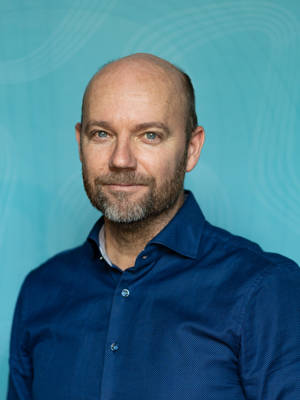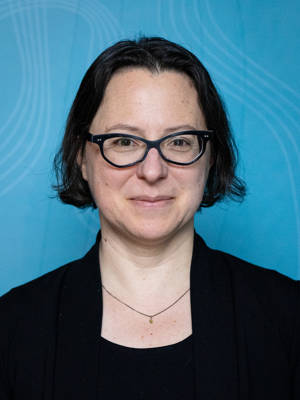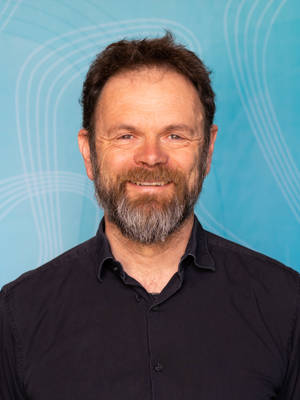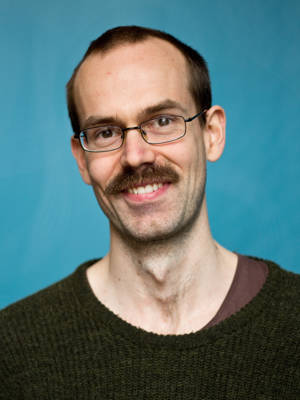Over the past decades, the world has observed a decline in armed conflict. This decrease has been ascribed to a number of factors such as economic growth, improvements in governance and reduced infant mortality rates. At the same time, there is a growing concern that climate changes may reverse these developments and thereby have serious implications for human wellbeing and social stability, and possibly even lead to an overall increase in armed conflicts and wars.
This three-year collaborative research project between the University of Maryland (lead institution) and PRIO seeks to generate local and global estimates of the onset, duration and termination of future intrastate conflicts under alternative socio-economic and climate change scenarios – from the present to 2100. In order to do this, we will investigate what historical data can tell us about the empirical strength of plausible indirect relationships between climate change and conflict. We will arrive at forecasts of indirect, structural variables in the form of socio-economic scenarios that we will incorporate in a forecasting conflict model.
Research questions:
• What can historical data tell us about the empirical strength of plausible indirect relationships between climate change and conflict?
• How can long-term projections of socio-economic and physical climate impacts be employed to forecast conflict?
• What simulation approaches are appropriate to produce integrated forecasts of conflict under climate change scenarios?
The ‘Forecasting Civil Conflict under Different Climate Change Scenarios’ project is funded by the US Department of Defense Minerva Initiative and includes the following researchers: Elizabeth Gilmore(project leader), John Steinbrunerand Zafar Imran at the Center for International and Security Studies at University of Maryland; Stephanie Waldhoff, Katherine Calvin and Ryna Cui from the Joint Global Change Research Institute at University of Maryland; and Halvard Buhaug, Håvard Hegre, and Jonas Nordkvelle from PRIO. See http://havardhegre.net/forecasting/ and the Conflict Prediction projectat PRIO for more information on forecasting methodology and related forecasting projects.









